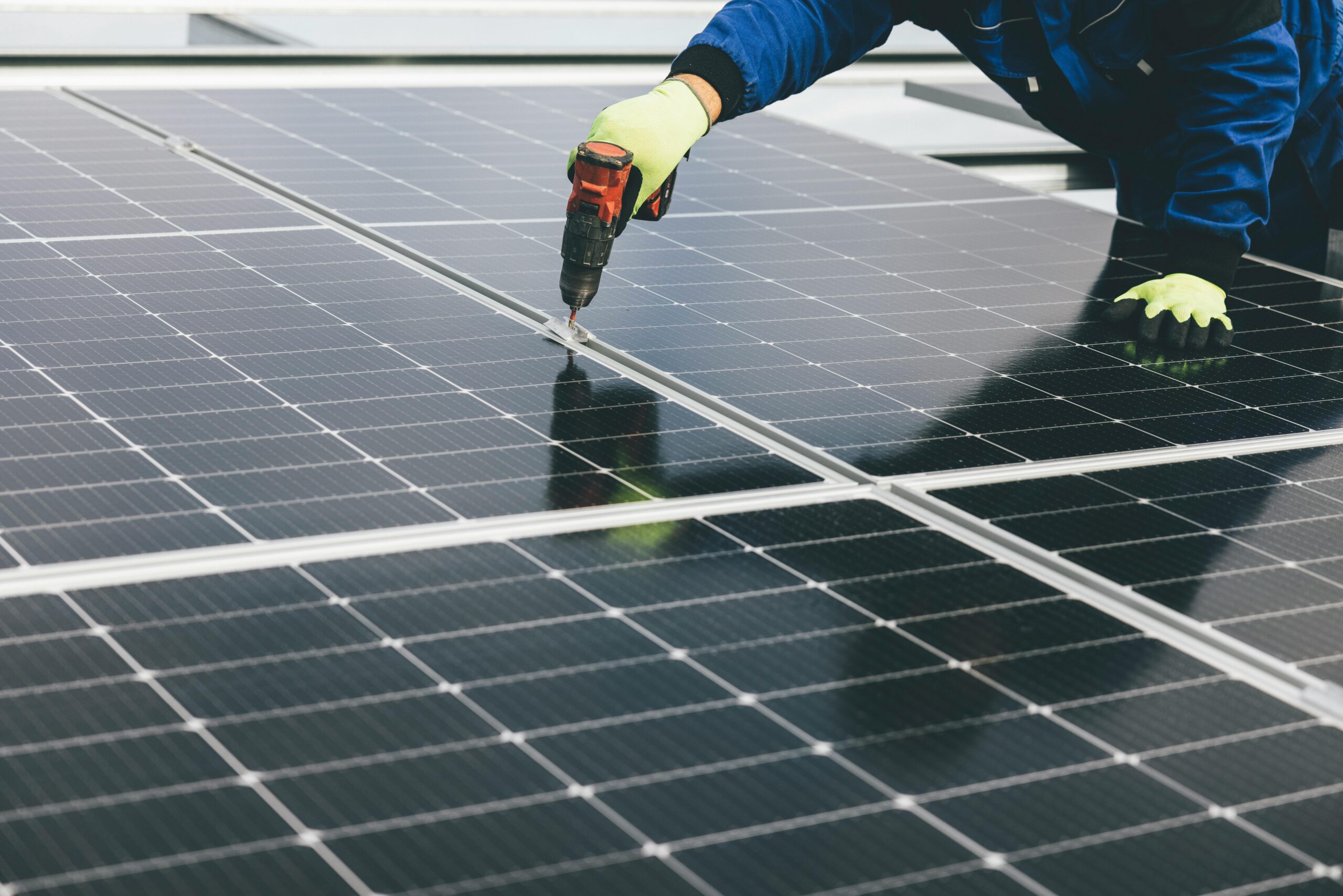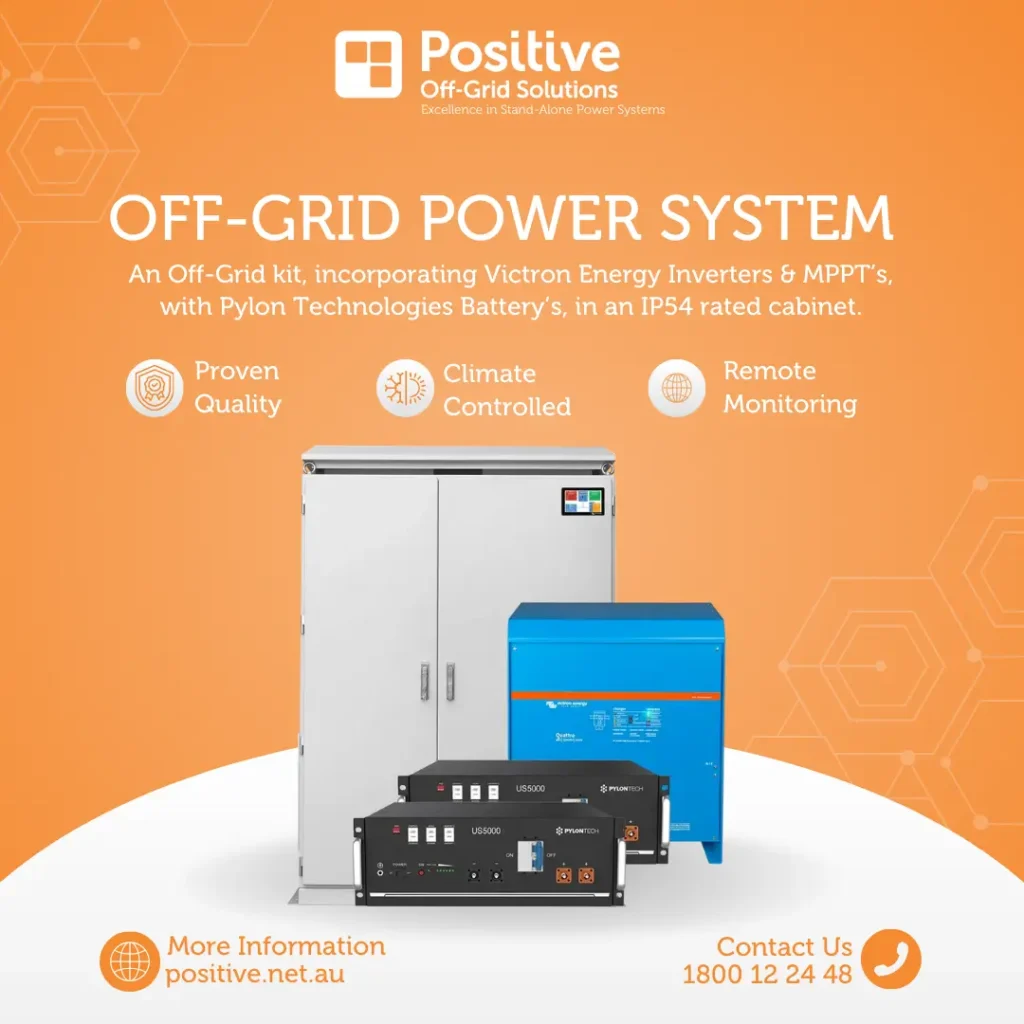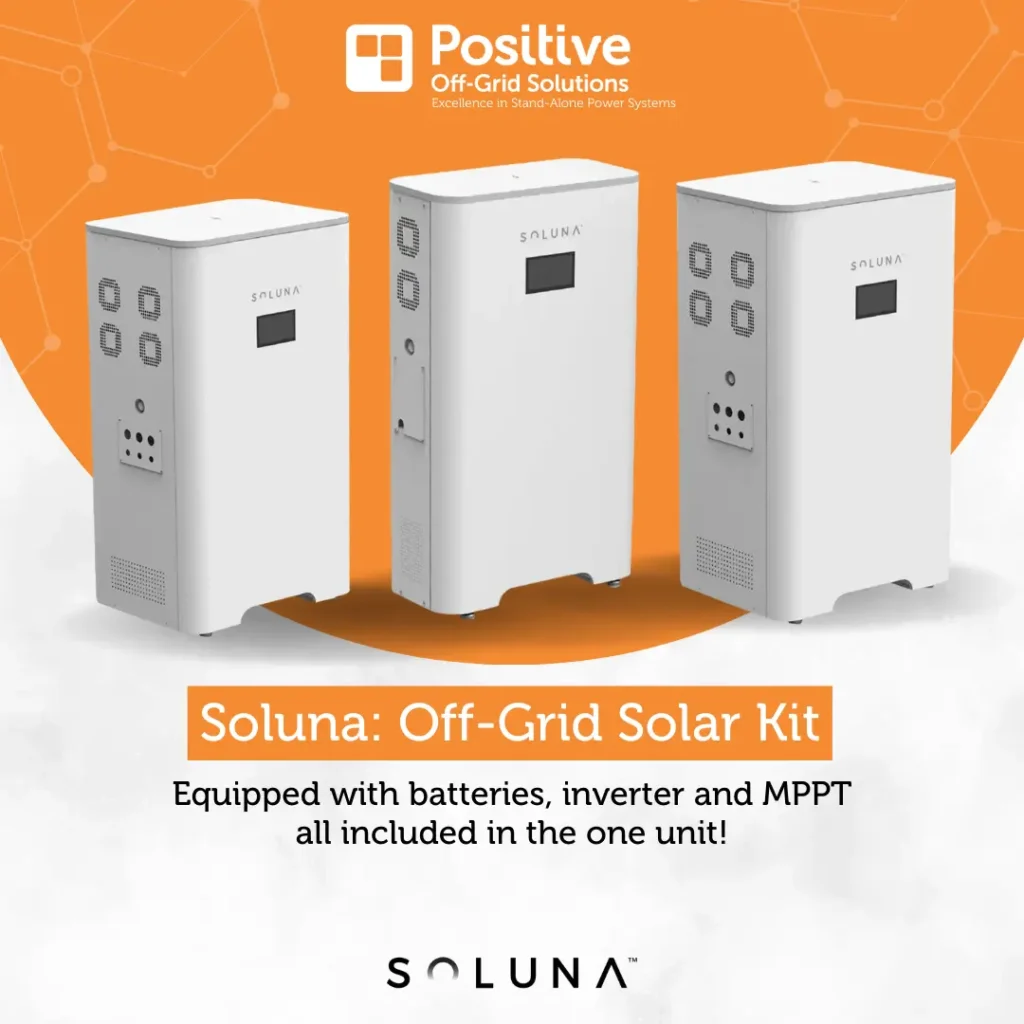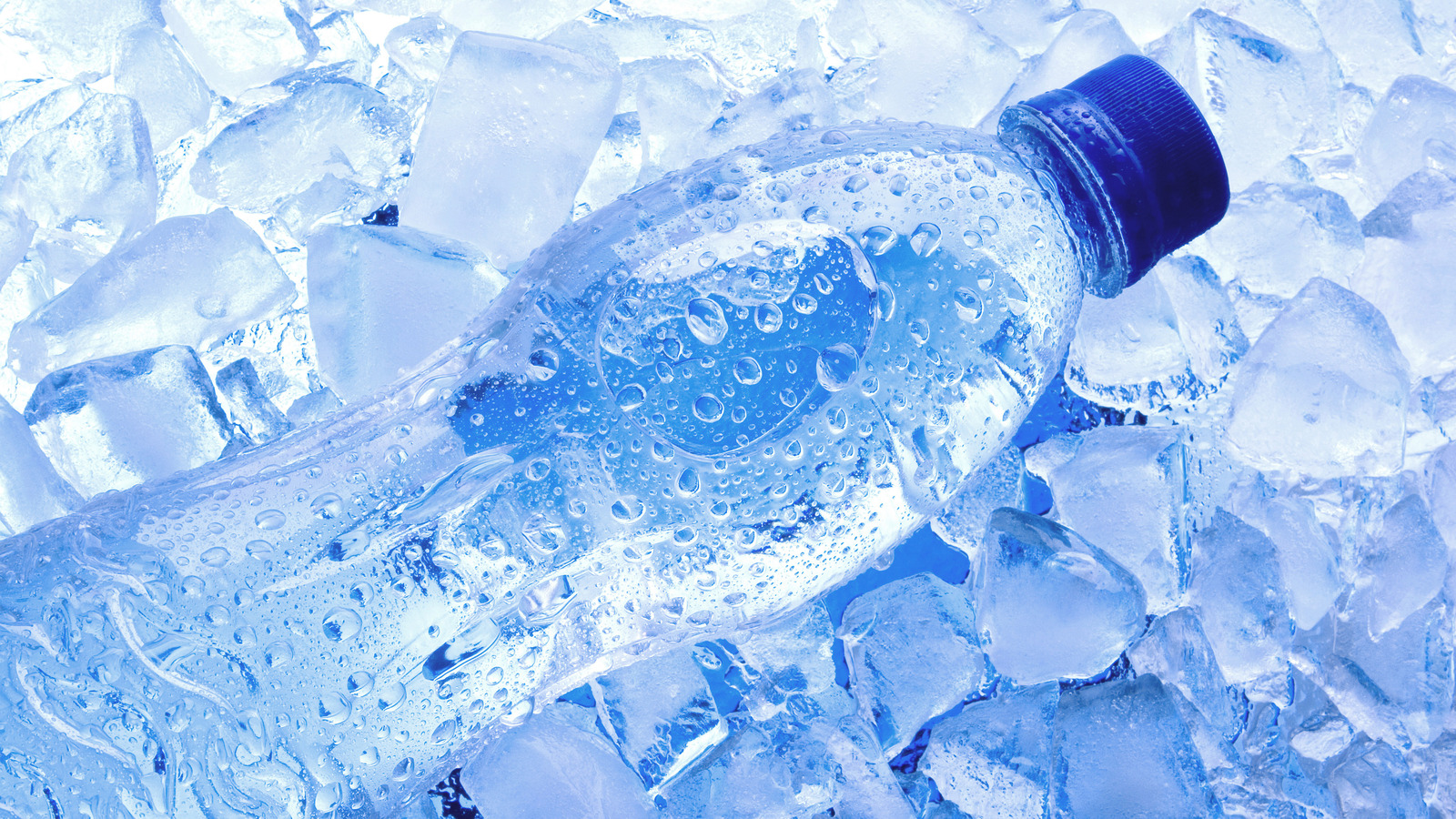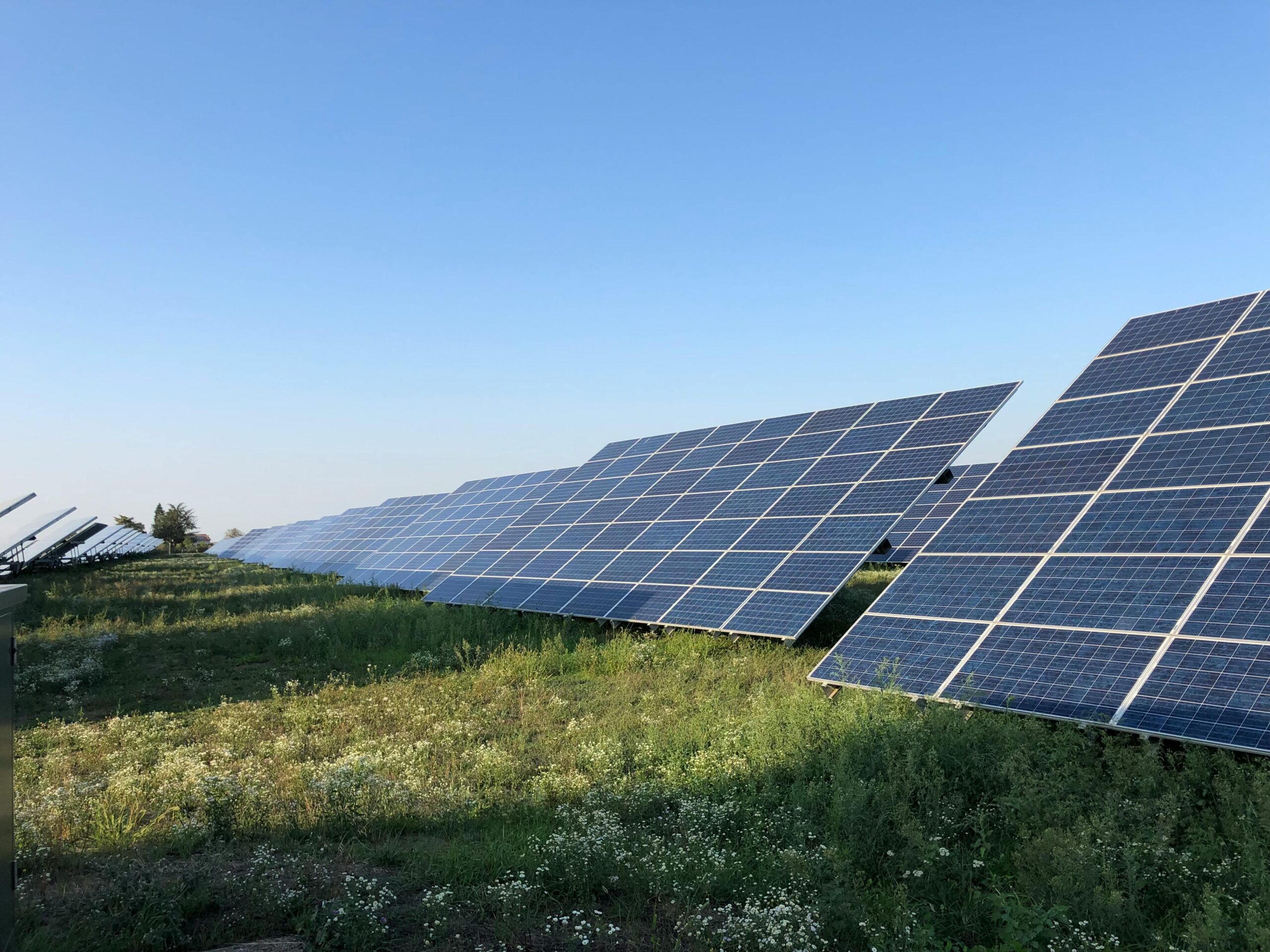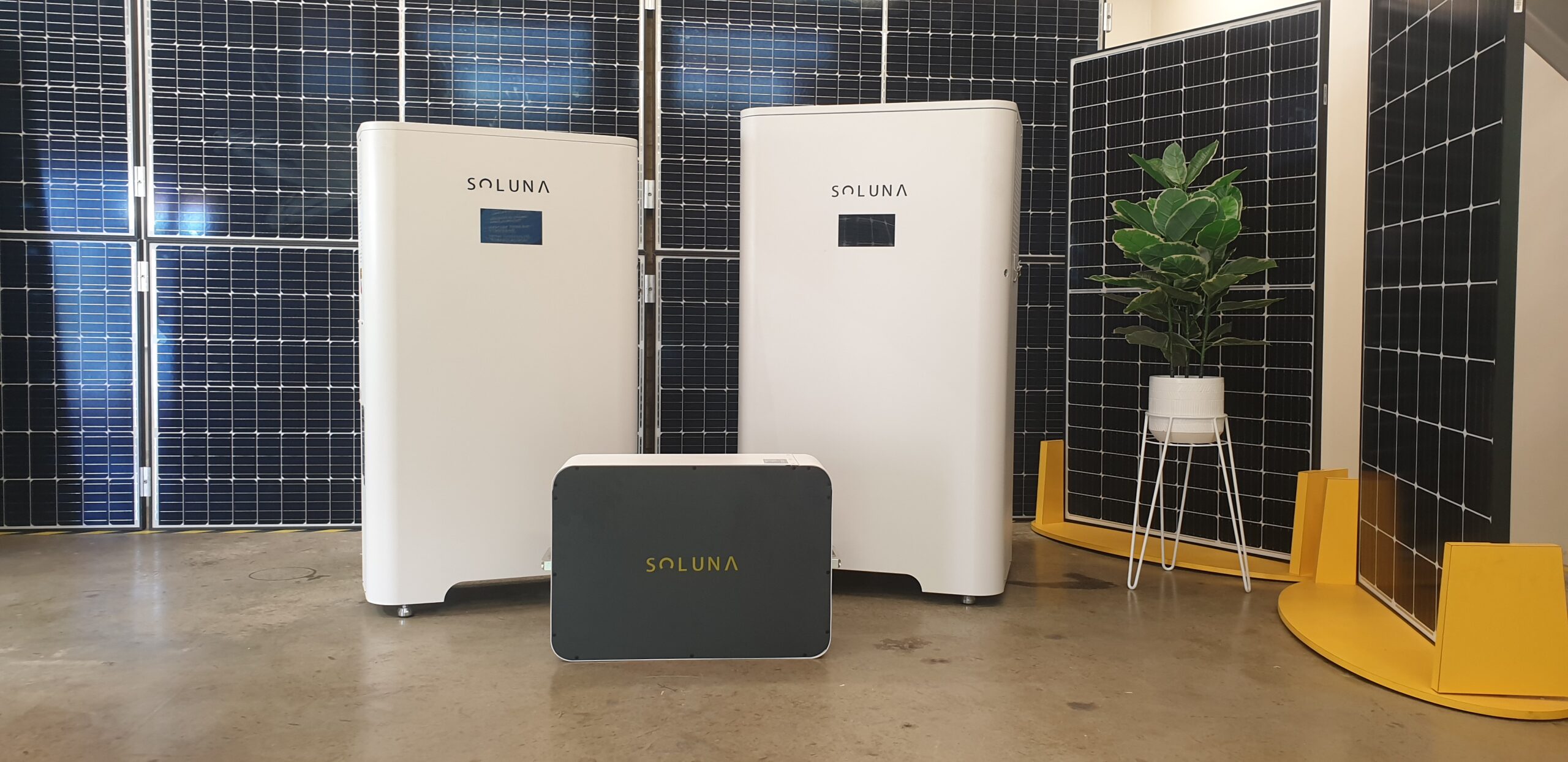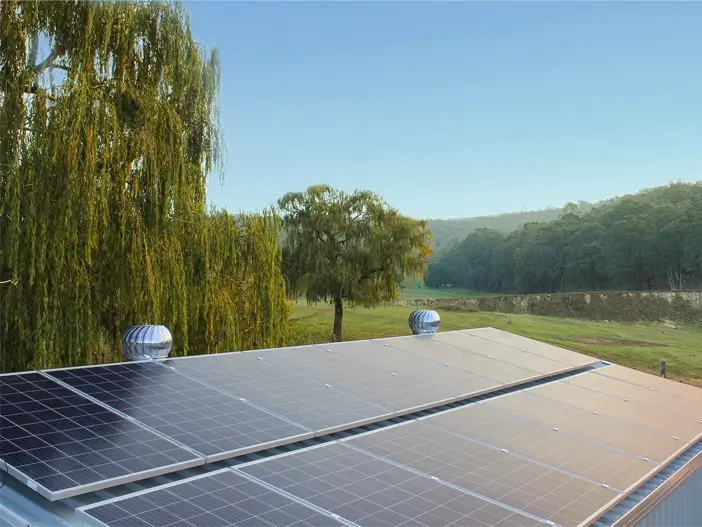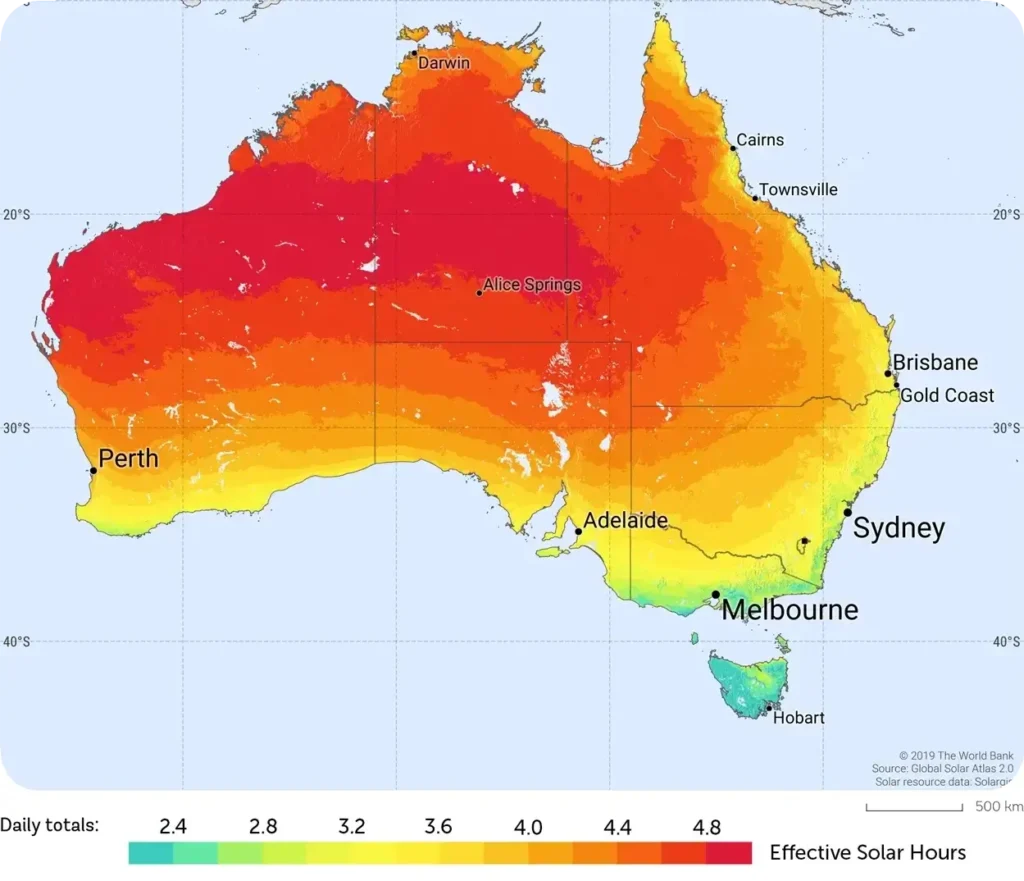Off-grid solar systems are a reliable and sustainable solution for energy independence. However, like any technology, they require regular solar maintenance and monitoring to ensure optimal performance and longevity. In this blog, we’ll explore essential solar maintenance requirements and best practices for monitoring off-grid solar systems.
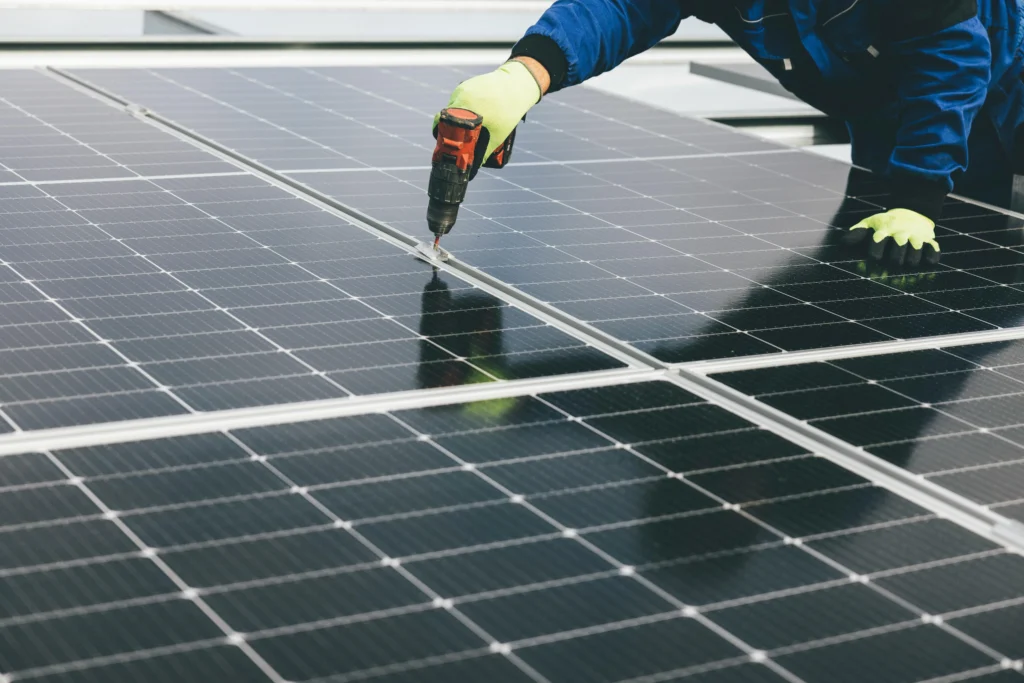
Regular Solar Maintenance:
Keeping Your System in Top Shape
1. Solar Panel Cleaning:
– Dust and Debris: Regularly clean the solar panels to remove dust, leaves, and other debris that can obstruct sunlight and reduce efficiency. Use a soft brush or a cloth with water, avoiding harsh chemicals.
– Frequency: In most locations, cleaning the panels every three to six months is sufficient. In dusty or high-pollen areas, more frequent cleaning and solar maintenance may be necessary.
– Inspection: Check the batteries for signs of wear, corrosion, or leaks. Clean any corrosion from terminals using a mixture of baking soda and water.
– Water Levels: For lead-acid batteries, regularly check and maintain appropriate water levels. Use distilled water to top up if needed.
– Temperature Control: Ensure batteries are stored in a cool, dry place to prevent overheating, which can reduce lifespan.
3. Inverter and Charge Controller Check:
– Performance Monitoring: Regularly inspect inverters and charge controllers for any error codes or unusual performance. These devices are crucial for converting and managing the electrical output of your system.
– Firmware Updates: Keep the firmware updated to ensure efficient operation and access to new features or bug fixes.
4. Wiring and Connections:
– Visual Inspection: Periodically inspect all wiring and connections for signs of wear, damage, or loose connections. Secure any loose wires and replace damaged ones promptly to avoid system failures.
– Professional Check: Consider having a professional electrician inspect the system annually to ensure all components are functioning correctly and safely.
Monitoring Practices: Ensuring Optimal Performance
1. System Monitoring Tools:
– Remote Monitoring: Invest in a remote monitoring system that provides real-time data on your solar power generation, battery status, and overall system performance. Many modern off-grid solar systems come with mobile apps or online dashboards for easy access.
– Alerts and Notifications: Set up alerts for critical issues such as low battery levels, system faults, or significant drops in power generation. This proactive approach helps in addressing problems before they escalate.
2. Performance Tracking:
– Daily Checks: Monitor daily power production and consumption to ensure the system meets your energy needs. Track any significant deviations that could indicate issues with the panels, batteries, or other components.
– Monthly Reports: Generate monthly performance reports to analyse trends and identify any gradual declines in system efficiency. This data can inform maintenance schedules and potential upgrades.
3. Energy Usage Management:
– Load Management: Balance energy usage with production to avoid overloading the system. Prioritise essential appliances and consider using high-energy devices during peak sunlight hours.
– Energy Efficiency: Implement energy-efficient practices and devices to reduce overall consumption, extending the life of your solar system and batteries.
Sustaining Solar Success
Regular solar maintenance and diligent solar monitoring are vital for the success of off-grid solar systems. By keeping solar panels clean, maintaining batteries, and ensuring all components are in good working order, you can maximise efficiency and extend the lifespan of your system. Investing in quality monitoring tools and tracking performance data helps in making informed decisions and promptly addressing any issues.
With these practices, your off-grid solar system will provide reliable, sustainable energy for years to come, ensuring energy independence and environmental stewardship. Embrace these solar maintenance and monitoring strategies to enjoy uninterrupted, clean power from your off-grid solar system.
Get in touch to receive a quote today!

